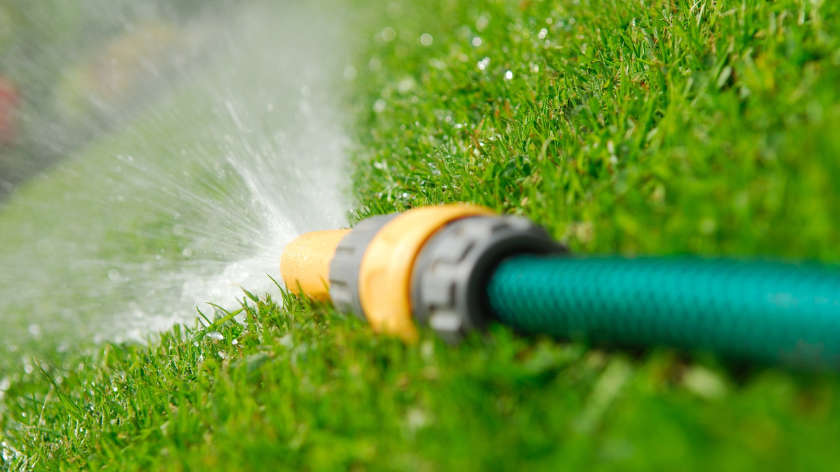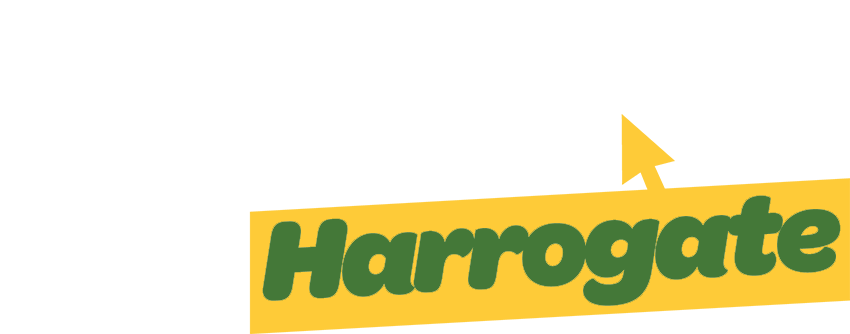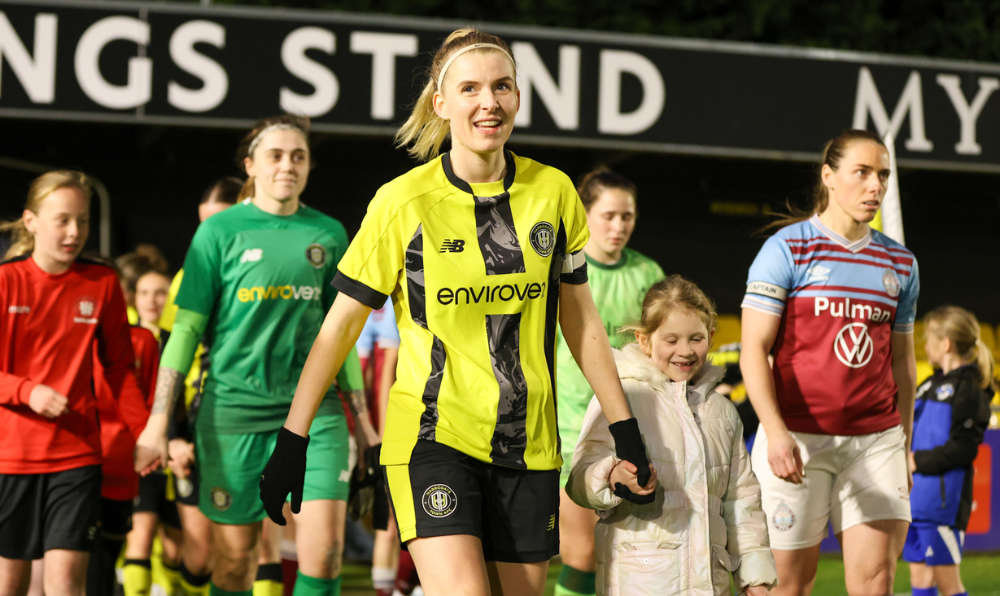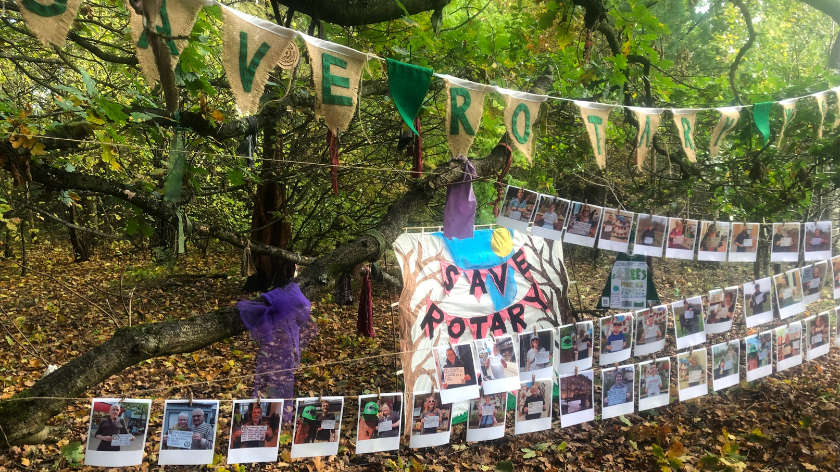Hosepipe Ban: What does it mean?

Yorkshire Water officially introduced hosepipe restrictions across the region from 11th July, following the driest spring on record and the formal declaration of drought conditions.
The ban applies to all domestic customers across Yorkshire and aims to ease pressure on the county’s water supplies, which have seen no increase in reservoir levels since January.
“While we’re out 24/7 fixing leaks and looking after your water, we’re asking customers to put down their hosepipes so we can let our reservoirs recover,” a Yorkshire Water spokesperson said. “Normally our reservoirs and groundwater sources are topped up in spring, but this year’s dry conditions have left us in drought.”
The restrictions also allow Yorkshire Water to apply for drought permits, which give the company flexibility to adjust operations and further protect supplies.
What the Ban Means
Customers must now refrain from using hosepipes for a range of everyday activities, including:
- Watering gardens or plants at home
- Cleaning private vehicles or boats
- Filling or maintaining swimming pools, paddling pools, hot tubs, or cold-water plunge pools
- Filling or maintaining domestic ponds or ornamental fountains
- Cleaning external walls or windows at home
- Washing patios, driveways, or artificial outdoor surfaces
These activities may still be done using buckets or watering cans, or non-mains water sources such as:
- Rainwater collected in water butts
- Grey water (reused household water)
- Private boreholes
- Drought Conditions and Response
Reservoir levels across Yorkshire have not recovered since the final week of January.
Typically, spring brings enough rain to replenish supplies—but 2025 brought prolonged dry weather, pushing the region into officially declared drought.
Water use between April and June surged by over 4.3 billion litres beyond normal levels. To respond, Yorkshire Water is taking additional steps including:
- Applying for drought permits
- Enhancing leak detection and repair efforts
- Running public water-saving campaigns
Exemptions
Certain groups are exempt from the ban, including:
- Blue badge holders
- Customers with medical needs (on the WaterSure tariff or Priority Services Register)
- Users of drip or trickle irrigation systems with pressure reduction
- Households with new turf laid within 28 days
- Businesses may continue using hosepipes if essential to their operations, such as for paid car washes or maintaining professional sports facilities. However, non-essential hosepipe use remains prohibited.
Penalties for Non-Compliance
Breaching the restrictions is a criminal offence under the Flood and Water Management Act 2010, with potential fines of up to £1,000. Yorkshire Water notes that enforcement will begin with warnings, with prosecutions used as a last resort.
Tips to Help Save Water
To support the restrictions, Yorkshire Water is urging all customers to take simple daily steps to conserve water, including:
- Using leftover water from cooking or cleaning to water plants
- Taking shorter, 4-minute showers
- Fixing dripping taps and toilet leaks
- Skipping car washes or using a sponge and bucket
- Allowing lawns to turn brown—they will recover with rain
- Free water-saving tools, such as leak detectors and shower timers, are available from Yorkshire Water’s website.
No End Date Yet
There is currently no set end date for the hosepipe ban. Restrictions will remain in place until reservoir levels recover to sustainable levels.
Yorkshire Water will continue to monitor the situation and provide regular updates.
For full details on the hosepipe restrictions, exemptions, and how to save water at home, visit the official Yorkshire Water page here.













